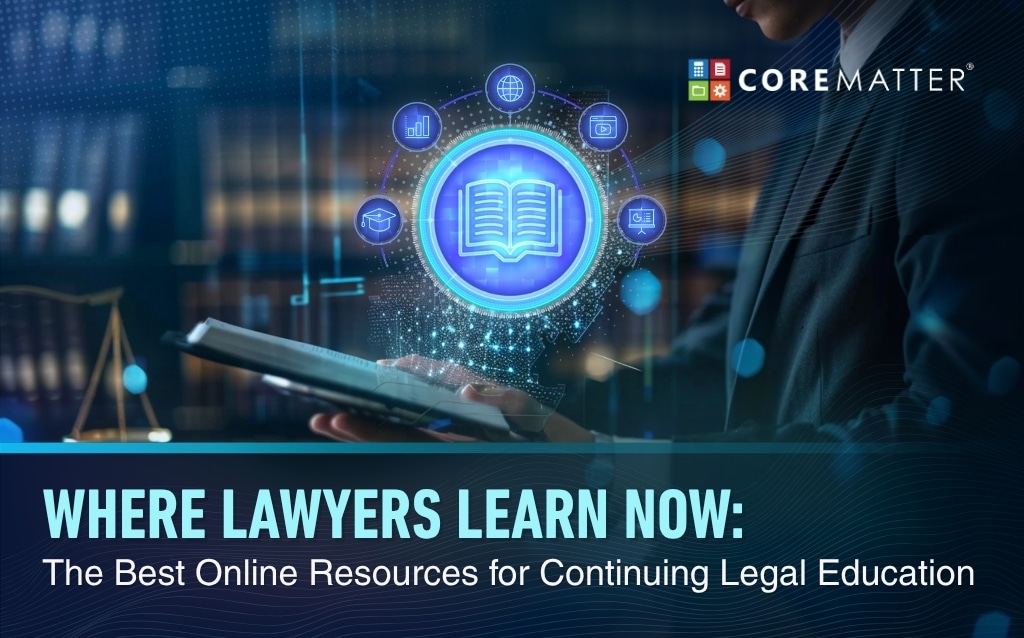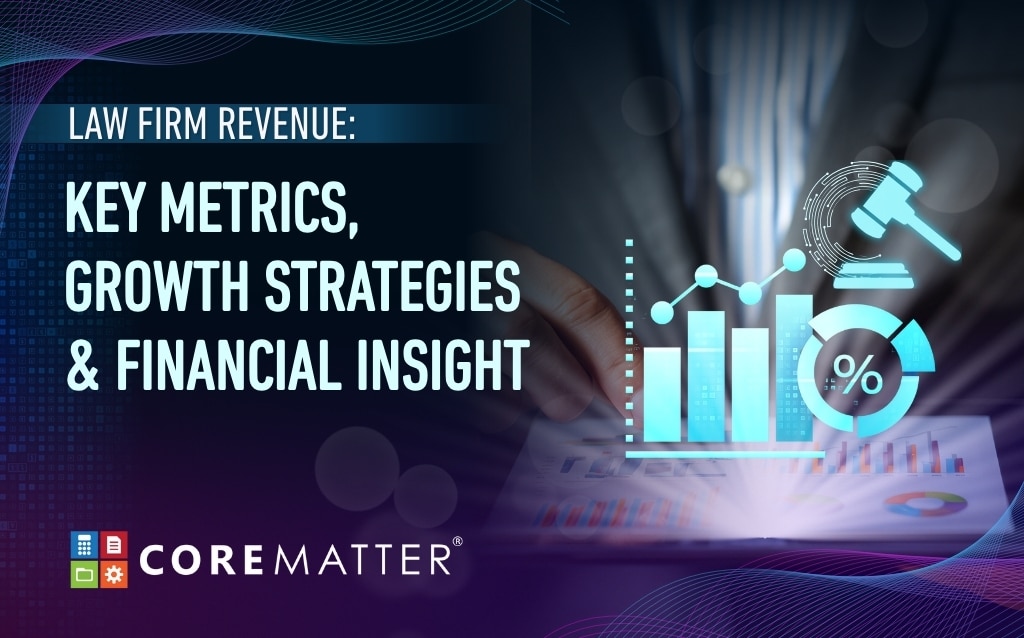
Where Lawyers Learn Now: The Best Online Resources for Continuing Legal Education
The law is constantly evolving, and so must the lawyers who practice it, but how does one keep up? Especially with changing statutes, emerging technologies, and increasing client expectations? Lawyers today cannot rely solely on occasional seminars; they need the convenience of online study. Thankfully, continuing legal education (CLE) has moved from dusty law libraries to the cloud, where it is accessible, efficient, and tailored to the busy rhythms of practice.
The Rise of Legal Learning in the Cloud
The pandemic disrupted the way law was practiced and accelerated a transformation in how legal professionals learn. Many law schools and bar associations rapidly scaled online offerings, recognising that distance learning would no longer be a stopgap but a permanent feature of professional development.
As one market study reports, the U.S. CLE market was valued at US$5.26 billion in 2024 and expected to swell to over US $8 billion by 2030. (Source: Arizton Advisory & Intelligence)
In practical terms, lawyers can sharpen a technical skill between hearings, prepare for a client meeting on a flight, or deepen a specialty during an otherwise idle afternoon. Convenience is no longer a luxury, it is a competitive advantage.
But the shift is more profound than format. Modern CLE isn’t simply a matter of clocking hours; it’s about deliberately cultivating mastery in areas that will define the next decade of legal practice: data privacy, artificial intelligence, digital compliance, international trade, and more. The good news: these topics are increasingly accessible through reputable online platforms, from university-led programs to specialist CLE providers.
Practical, Micro-Learning: LinkedIn Learning
If your schedule offers little more than an hour here or there, short, focused online modules may be the most useful entry point. Platforms such as LinkedIn Learning now host skill-based lessons ranging from “Corporate Governance” to “Data Privacy.” Practising attorneys or compliance experts typically lead these courses, and they allow lawyers to accrue verified certificates that link directly to their professional profiles.
For lawyers juggling full caseloads, the value is three-fold: speed, relevance, and visibility. These courses mirror the workflow of a modern firm: brief, mobile-friendly, outcome-oriented. Suppose your internal HR or legal operations team monitors professional development metrics. In that case, these certificates provide concrete milestones, not just for you, but for your employer’s record-keeping and your own professional trajectory.
Depth: Coursera and University Marketplaces
For those seeking a deeper academic experience, platforms like Coursera provide access to courses and specializations created by prestigious universities. Lawyers can take advantage of offerings from institutions such as Yale University, the University of London, and the University of Maryland. Some notable courses include “Legal Aspects of Entrepreneurship” from the University of Maryland, “AI & Law,” and “Digital Transformation of Legal Services.” While these programs are typically self-paced, they uphold rigorous academic standards and integrate real-world case studies and legal frameworks.
For commercial lawyers advising high-growth clients, in-house counsel supporting technology scale-ups, or litigators navigating emerging norms of regulatory enforcement, such courses offer credible credentials and targeted insight. They bridge the gap between theory and application.
Full Programmes from Leading Law Schools
Beyond short modules and online specialisations, many prominent institutions now deliver fully online certificate programmes and executive courses tailored for practising lawyers. For example, Harvard Law School offers professional programmes such as “Contract Law: From Trust to Promise to Contract” and “Financial Analysis and Valuation for Lawyers.” These asynchronous courses allow practitioners to strengthen commercial fluency while continuing to work.
The London School of Economics and Political Science (LSE) offers six- to eight-week online certificate courses, such as “Data: Law, Policy & Regulation,” that combine legal literacy with economic insight, a fit for the 21st-century corporate lawyer. The University of London’s flexible online LL.M. programme enables lawyers to build modular expertise in global business law, international trade, or public law while working full-time.
These programmes bring academic prestige, structured depth, and networking opportunities, valuable for lawyers repositioning their careers or stepping into global practice.
Jurisdiction-Specific CLE & Practical Compliance: NBI and LexVid
For practitioners bound by jurisdiction-specific continuing education rules, specialist providers remain essential. The National Business Institute (NBI) and LexVid deliver state-by-state accredited CLE libraries, on-demand streaming, and personalised course recommendations keyed to practice area and credentialing requirements. According to industry commentary, NBI offers practical, skill-based programmes while LexVid deploys algorithmic tools to tailor learning paths by jurisdiction.
For firms or individuals tracking compliance, continuing education credits and audit-proof records, these platforms offer operational simplicity. Taken together with broader university programmes, lawyers can combine jurisdictional upkeep with wider professional development in fields such as cross-border transactions, digital governance, or regulatory strategy.
Beyond Compliance: The Evolving Lawyer
Continuing education is no longer simply a box-ticking exercise. It has become a marker of adaptability. Lawyers who invest in emerging domains such as AI, sustainability law, fintech regulation, or cross-border trade are better positioned to advise the changing enterprise ecosystem rather than only respond to it. Market research identifies a shift in CLE toward competency-based education (CBE) and richer, technology-enabled formats.
In this environment, programmes that integrate real-world application, interactive exercises, peer discussion and professional networking deliver more value than standard “hour in seat” requirements. Legal operations teams and partnerships that embed professional-development goals directly into career pathways now treat learning as part of the business strategy: allocate time, document progress, and align skill-acquisition with firm goals.
Choosing the Right Learning Path
With so many options available, lawyers should apply a clear framework before enrolment:
Relevance to practice. Does the subject matter map to your current cases, clients or strategic direction?
Accreditation and recognition. Will the certificate or programme be recognised by your jurisdiction’s bar or your firm’s promotion matrix?
Flexibility and format. Can you study without disrupting billable time? Are deadlines compatible with caseloads?
Career alignment. Does the offering advance a tangible career goal specialization, internal mobility, new client expertise?
Because the best programmes combine measurable skill gains with immediate utility and because the right learning platform should simplify, not complicate, your workflow.
The Digital Lawyer
We are now in an era where a lawyer in Kuala Lumpur, Sydney, London, or New York can access Harvard or LSE lectures from a smartphone. The physical boundary of the classroom has dissolved. The lawyer who succeeds won’t simply keep up, they will lead through learning.
In much the same way that cloud-based systems like CoreMatter streamline practice, online continuing education is enabling expertise to scale. Because in a profession built on precedent and preparation, the lawyer who learns most deliberately will set tomorrow’s agenda, not just respond to it.
The future of law is not just about keeping up; it’s about leading the way. This starts with clarity and order in our thinking, practices, and the tools we utilize. CoreMatter empowers law firms to make data-driven decisions and manage their practices through a structured system, even amidst chaos. This enables lawyers to focus on what truly matters: exercising their judgment, rather than getting lost in paperwork. To learn more, book a demo today.


